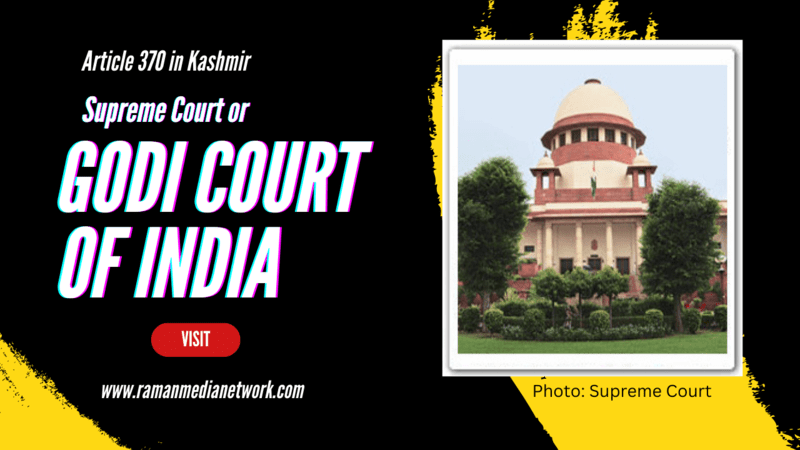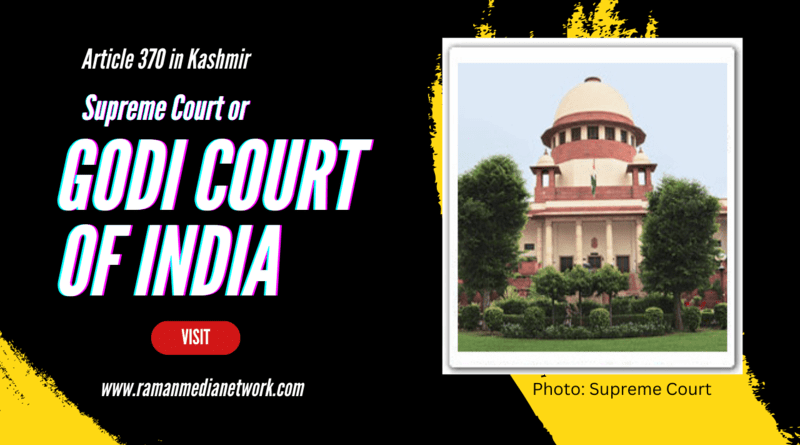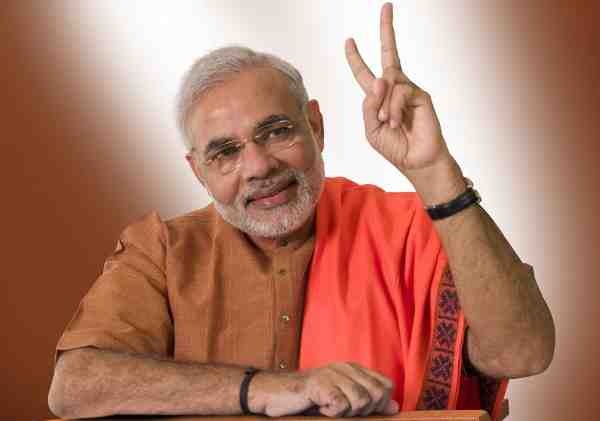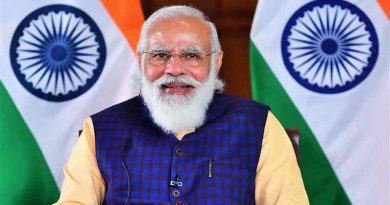Godi Court Agrees with Modi Govt on Article 370 in Kashmir

Godi Court Agrees with Modi Govt on Article 370 in Kashmir
All these cases show that the Supreme Court of India has become a defunct outfit which cannot protect the rights of people.
By Rakesh Raman
After the proliferation of Godi media, Godi bureaucracy, Godi ministers, and Godi election commission, now most courts in India are also working as Godi courts to support all actions and inactions of the Modi regime. Godi is a Hindi word for lapdog.
This is once again manifested in the Supreme Court decision of today (December 11) which supported the Modi government’s action of abolishing Article 370 of the Constitution in Jammu & Kashmir (J&K).
After delaying the case for almost 4 years, a five-judge bench of the top court refused to interfere in the matter and ruled that Article 370 – which gave special status to the erstwhile state – was a temporary provision to facilitate the merger of J&K in the Union of India.
The court had been sitting on a slew of petitions that challenged the scrapping of Article 370 in J&K, as the people of J&K – particularly Kashmir – felt that this “special status” statute protected them from government persecution.
[ Research Paper: 20 Bitter Truths in the Indian Legal System ]
The local political leaders in Kashmir have called the Supreme Court verdict “sad and unfortunate” as it deprived the people of Kashmir of their fundamental right to live in a free and peaceful territory.
However, as expected, prime minister (PM) Narendra Modi celebrated the court judgment with a tweet in which he wrote, “Today’s Supreme Court verdict on the abrogation of Article 370 is historic and constitutionally upholds the decision taken by the Parliament of India on 5th August 2019.”
It is repeatedly being observed that the spineless Supreme Court judges (as well as the judges in high courts and lower courts) do not take any decision that may displease their boss Modi.
Most judges are terrified after witnessing the fate of judge Loya (Brij Gopal Hari Kishan Loya) who had died in mysterious circumstances. In this case, Modi’s colleague Amit Shah – who is now the home minister of India – was the prime accused.
In the past when Modi or his associates were accused in different cases, the Supreme Court took questionable decisions to favor Modi or formed perfunctory committees which could not dare to point the finger at Modi or his friends.
It has happened in cases such as the Adani scam case, Rafale corruption case, Gujarat massacre case, Pegasus spyware case, Modi’s draconian demonetization decision, farmers’ protests, PM-CARES Fund of PM Modi, electronic voting machine (EVM) fraud case, and many others.
All these cases show that the Supreme Court of India has become a defunct outfit which cannot protect the rights of people. Today, nearly 1.4 billion Indians are suffering under the Modi regime with unprecedented poverty, corruption, inflation, unemployment, lawlessness, and religious animosity.
But Modi’s lapdog institutions such as courts, parliament, and other law-enforcement agencies do not work honestly to protect people from extreme excesses in the country.
By Rakesh Raman, who is a national award-winning journalist and social activist. He is the founder of the humanitarian organization RMN Foundation which is working in diverse areas to help the disadvantaged and distressed people in the society. He has also been publishing The Unrest news magazine that covers economic and political upheavals in the world.






